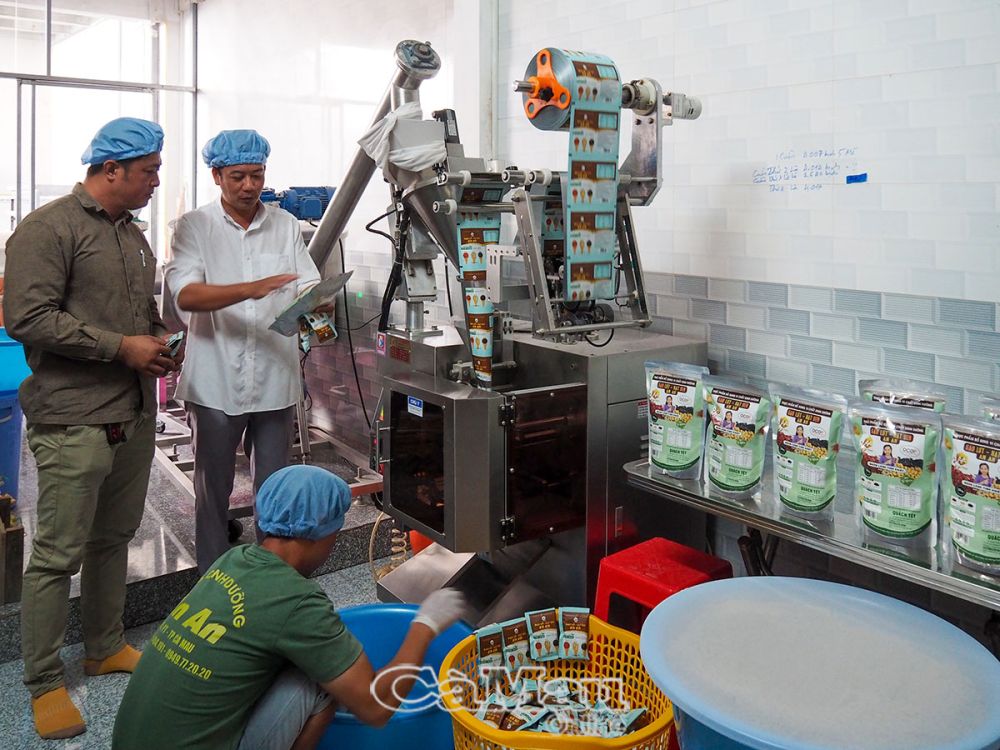
Ca Mau’s industrial promotion boosts rural industry growth
19:05 | 23/03/2025 20:10 | 04/11/2025Industry
At the APEC Ministers Responsible for Trade (MRT) Meeting, held under the theme "Building a Sustainable Tomorrow: Connect, Innovate, Prosper", global and regional leaders gathered to discuss the transformative potential of artificial intelligence (AI) in global commerce. The session titled “Artificial Intelligence for Trade” featured high-level perspectives from WTO leadership and ministers across APEC economies.
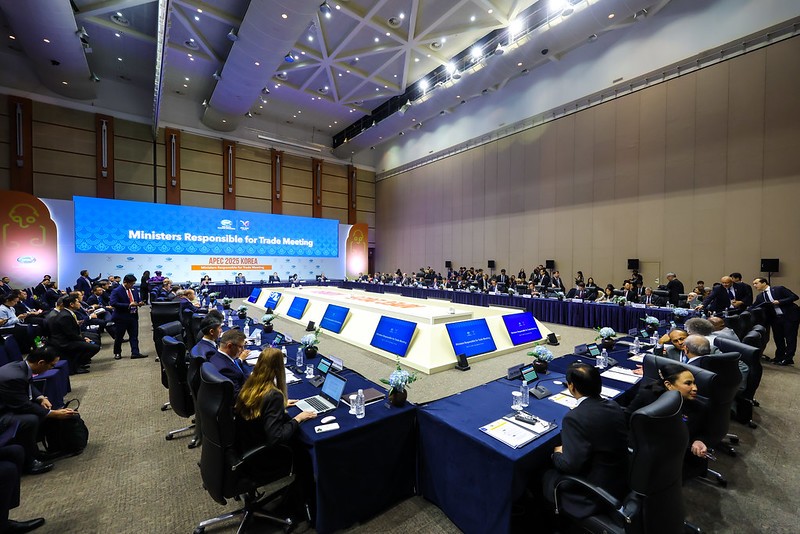 |
| The APEC Ministers Responsible for Trade (MRT) Meeting discussed many important issues, including the application of artificial intelligence. |
WTO Chief: AI Can Reshape Global Trade
Opening the session, World Trade Organization (WTO) Director-General Ngozi Okonjo-Iweala emphasized AI's enormous potential to reshape global trade systems. She highlighted AI's ability to accelerate supply chains and optimize logistics, and stated that responsible, widespread application could further drive global trade growth.
However, she also sounded a note of caution. Without timely and inclusive action, the world risks entering a new era of digital division.
“We may be witnessing a new digital divide,” said Okonjo-Iweala. “While developed economies surge ahead using AI, developing countries risk falling further behind due to limited technology, infrastructure, and skills.”
She urged APEC member economies to prioritize investments in digital infrastructure, workforce training, and transparent legal frameworks to support responsible and inclusive AI development.
“If guided properly, AI could help create global trade that is fairer, more efficient, and more sustainable,” she concluded.
Malaysia seizes the strategic value of AI
Following the WTO chief’s address, Malaysia’s Minister of Investment, Trade and Industry, Datuk Seri Tengku Zafrul Abdul Aziz, shared his country’s efforts to finalize the ASEAN Digital Economy Framework Agreement (DEFA), which aims to boost regional economic integration and advance the digital economy.
He stressed that APEC economies must not overlook underexplored AI sectors, particularly as digital innovation progresses rapidly and the adoption of AI brings new risks.
“APEC must be alert to ethical, regulatory, and technological disruptions,” he said. “We need robust data governance frameworks to ensure safe cross-border data flows, bolster cybersecurity, and establish interoperable AI standards that promote regional business integration.”
Tengku Zafrul also emphasized the importance of equitable access, particularly for micro, small, and medium-sized enterprises (MSMEs), noting that AI-enabled tools must be affordable and accessible for all.
“The convergence of AI and supply chain transformation is not just a technological opportunity but a strategic necessity to enhance regional resilience, sustainability, and competitiveness,” he stated. He also called for AI to be made a regular topic of discussion in APEC, with a roadmap developed to guide collaborative progress.
Hong Kong (China) embraces AI to enhance trade efficiency
Bringing a practical perspective, Algernon Yau, Secretary for Commerce and Economic Development of Hong Kong (China), shared how the city is already integrating AI into customs and trade systems. Hong Kong, he noted, is embracing AI to enhance trade efficiency.
For example, the new AI-powered “Trade Single Window” system—set to launch next year—will streamline customs clearance by enabling automated, high-precision risk assessments. Hong Kong Customs is also modernizing its IT infrastructure to support advanced AI data systems.
However, Yau cautioned that with innovation comes responsibility. Hong Kong has adopted a regulatory approach that encourages innovation while maintaining ethical oversight.
Recently, the city released technical guidelines for generative AI applications, offering practical recommendations for developers, service providers, and users. Hong Kong also plans to update its legal framework to better protect intellectual property in the AI era.
“We recognize AI’s wide-reaching impact. Trade is only one facet,” said Yau. “We closely follow international discussions on AI governance and believe there is vast potential for APEC economies to cooperate in applying AI to trade, especially in customs procedures and trade facilitation.”
Vietnam sees AI as a strategic national priority
Speaking at the session, Minister of Industry and Trade Nguyen Hong Dien praised the relevance of the topic and outlined Vietnam’s national AI strategy, which sees the technology as a foundational tool to boost productivity, enhance national competitiveness, and drive sustainable economic growth.
The Minister offered two key insights on AI's role in trade:
Firstly, AI will create both direct and indirect trade opportunities. Directly, it can cut costs in logistics, supply chain management, customs automation, and risk forecasting. In e-commerce, AI helps overcome language barriers and reduce search and matching costs, thereby enabling deeper participation in global markets. The Minister voiced Vietnam’s support for the APEC AI Initiative, which envisions a sustainable future through AI-driven economic growth across the Asia-Pacific.
Indirectly, AI will boost demand for technology-related goods and services—such as IT infrastructure, telecoms, software tools, and AI-specific hardware. This, he noted, will stimulate trade in these sectors, many of which are dominated by a few key economies. Upstream, AI will drive demand for the mining and processing of critical minerals, essential for producing AI-related goods.
Secondly, the Minister acknowledged the challenges of AI integration. On the legal front, AI’s rapid evolution can outpace domestic regulations, particularly in areas like intellectual property and data governance. Internationally, the proliferation of AI-related agreements risks creating fragmented or overlapping regulatory approaches due to varying national priorities and the lack of shared standards.
Given this context, he expressed strong support for the Republic of Korea’s proposal to begin discussions on establishing an APEC AI Standards Forum, which could pave the way toward a unified global governance framework for AI.
From May 15 to 16, in Jeju, Republic of Korea, Minister Nguyen Hong Dien - Head of the Vietnamese delegation attended the APEC Ministerial Meeting on Trade (MRT) with the theme: "Building a Sustainable Tomorrow: Connect, Innovate, Prosper". The theme "Building a Sustainable Tomorrow" is consistent with the APEC Putrajaya Vision 2040, aiming for an open, resilient and peaceful Asia-Pacific. The Republic of Korea, host country of APEC 2025, will focus on addressing common challenges, embracing digital innovation and prioritizing inclusive growth. To realize this vision, the country has identified 3 main priorities: Connect, Innovate, Prosper. |

19:05 | 23/03/2025 20:10 | 04/11/2025Industry
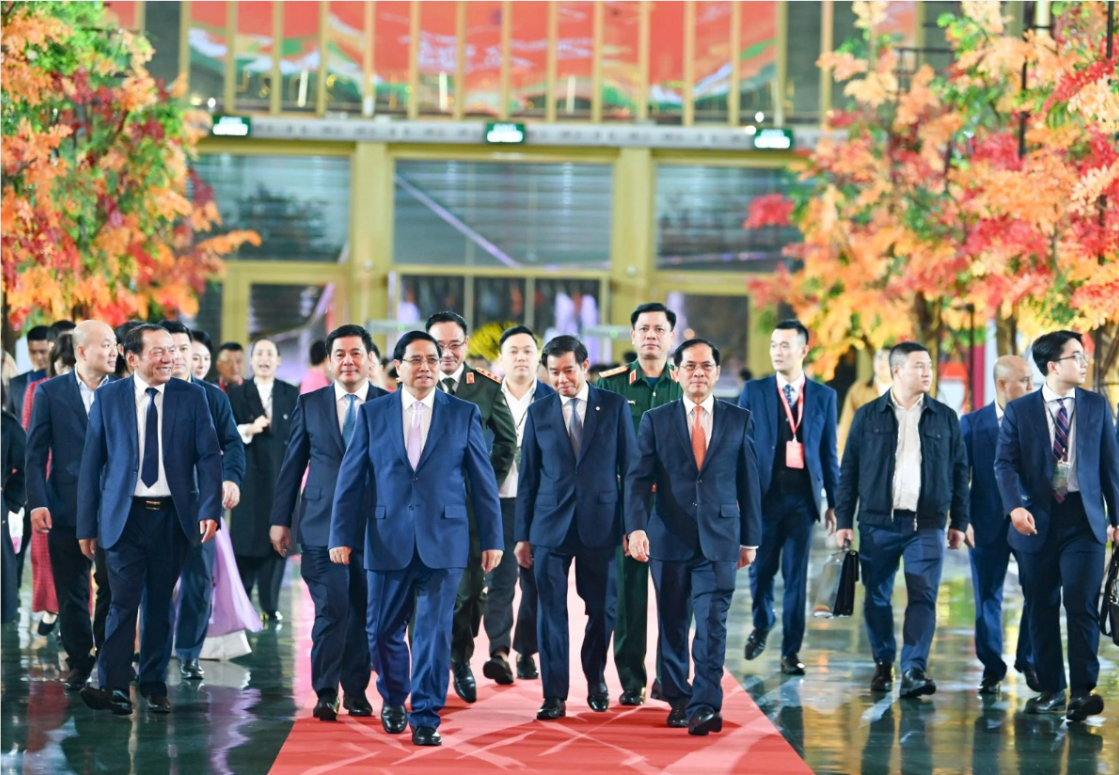
19:05 | 23/03/2025 20:09 | 04/11/2025Trade
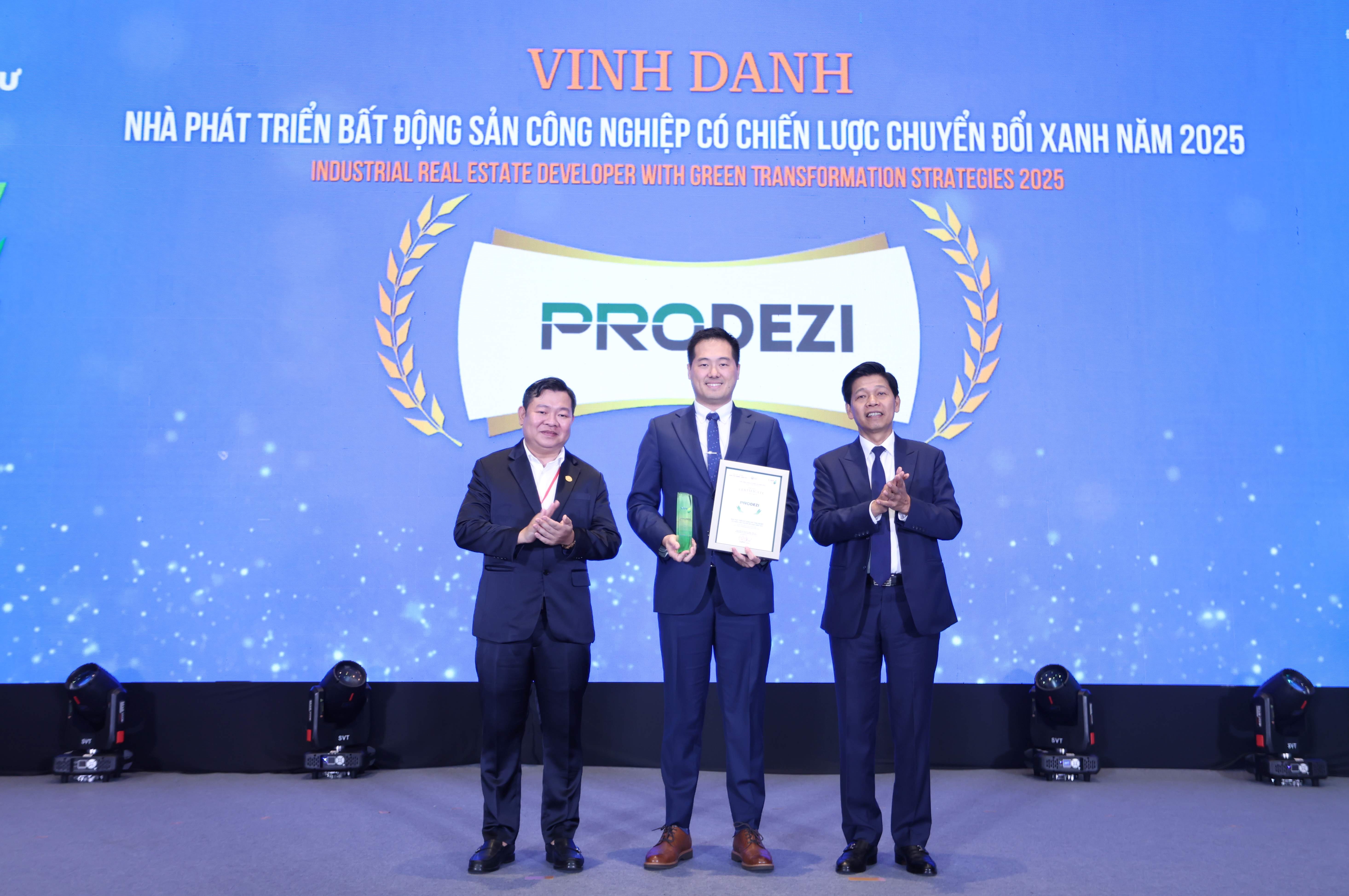
19:05 | 23/03/2025 20:06 | 04/11/2025News and Events
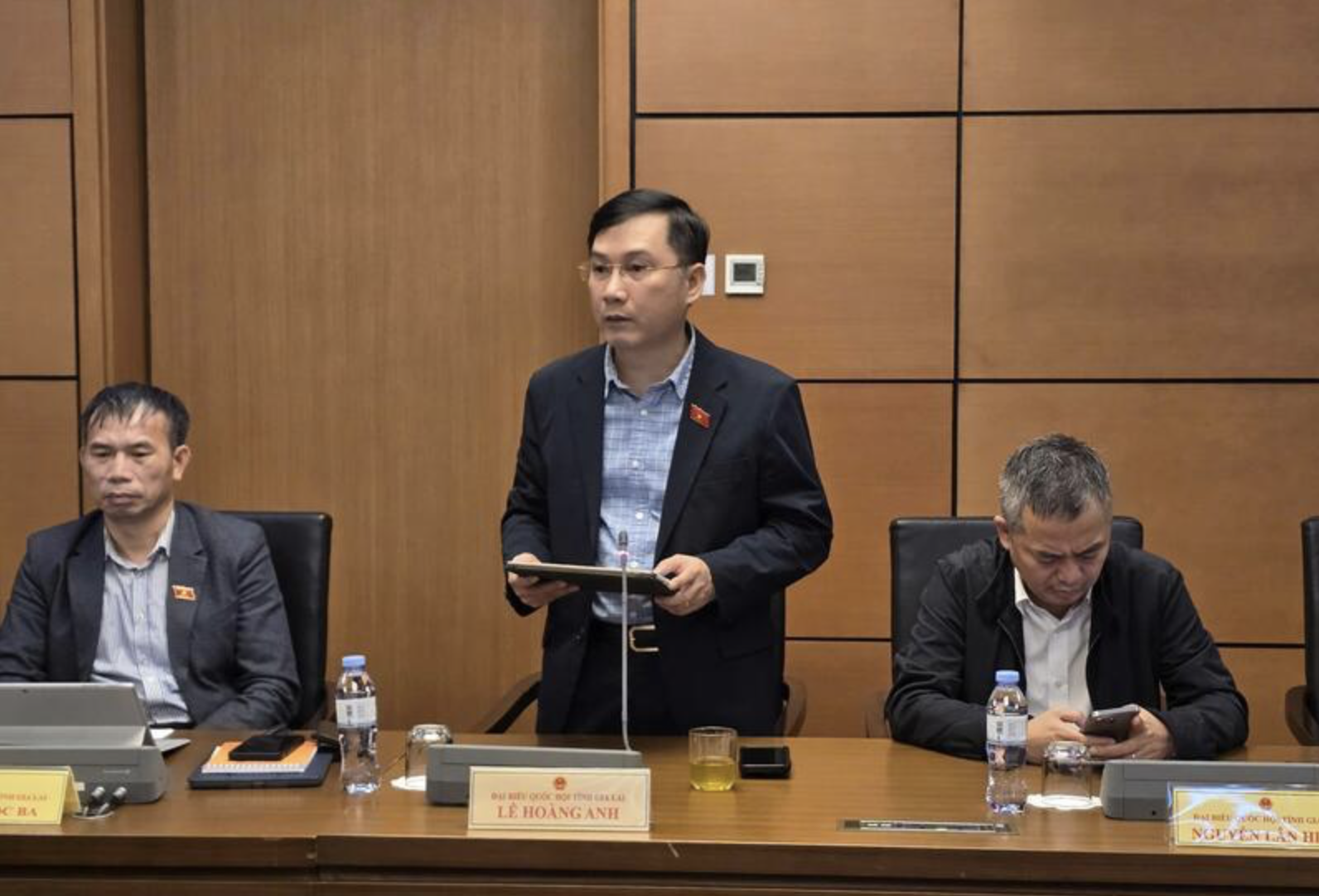
19:05 | 23/03/2025 11:43 | 04/11/2025Trade
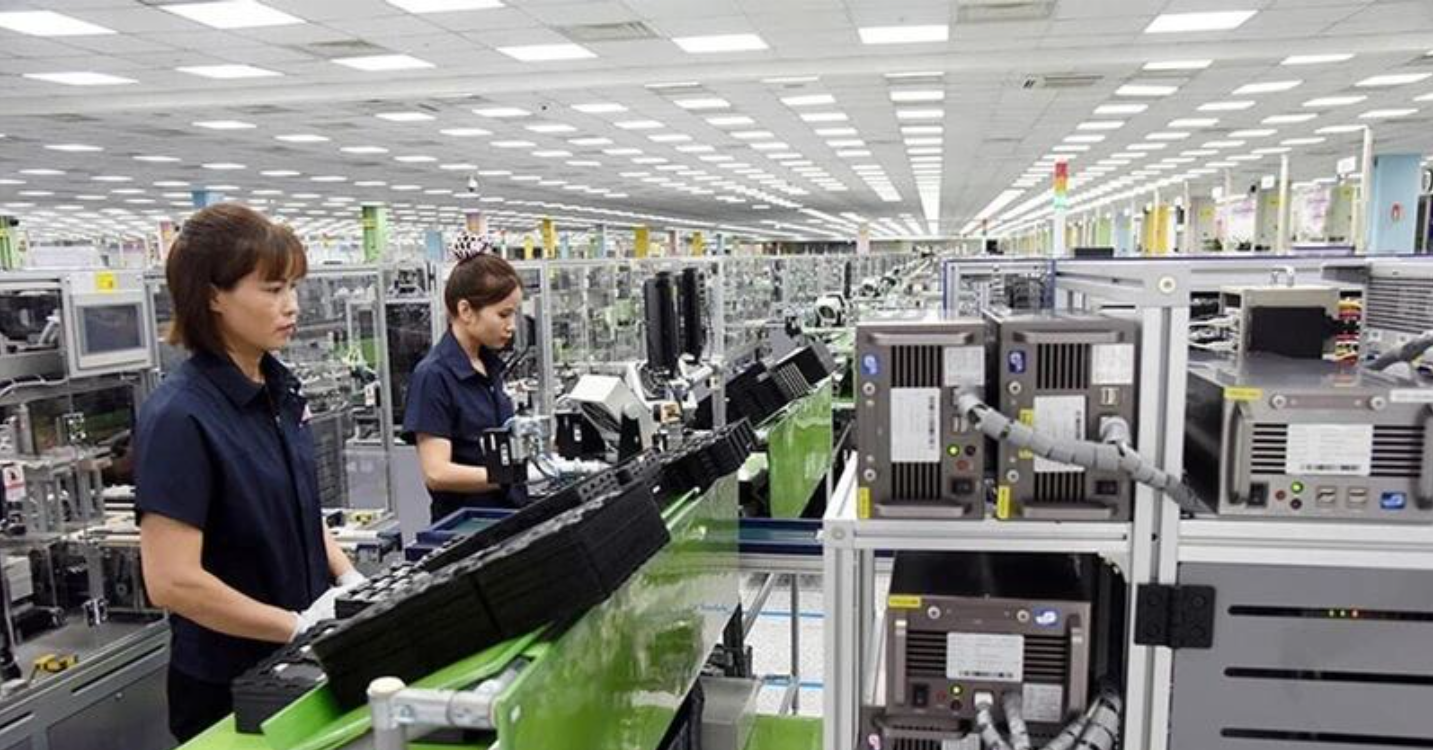
19:05 | 23/03/2025 11:39 | 04/11/2025Industry